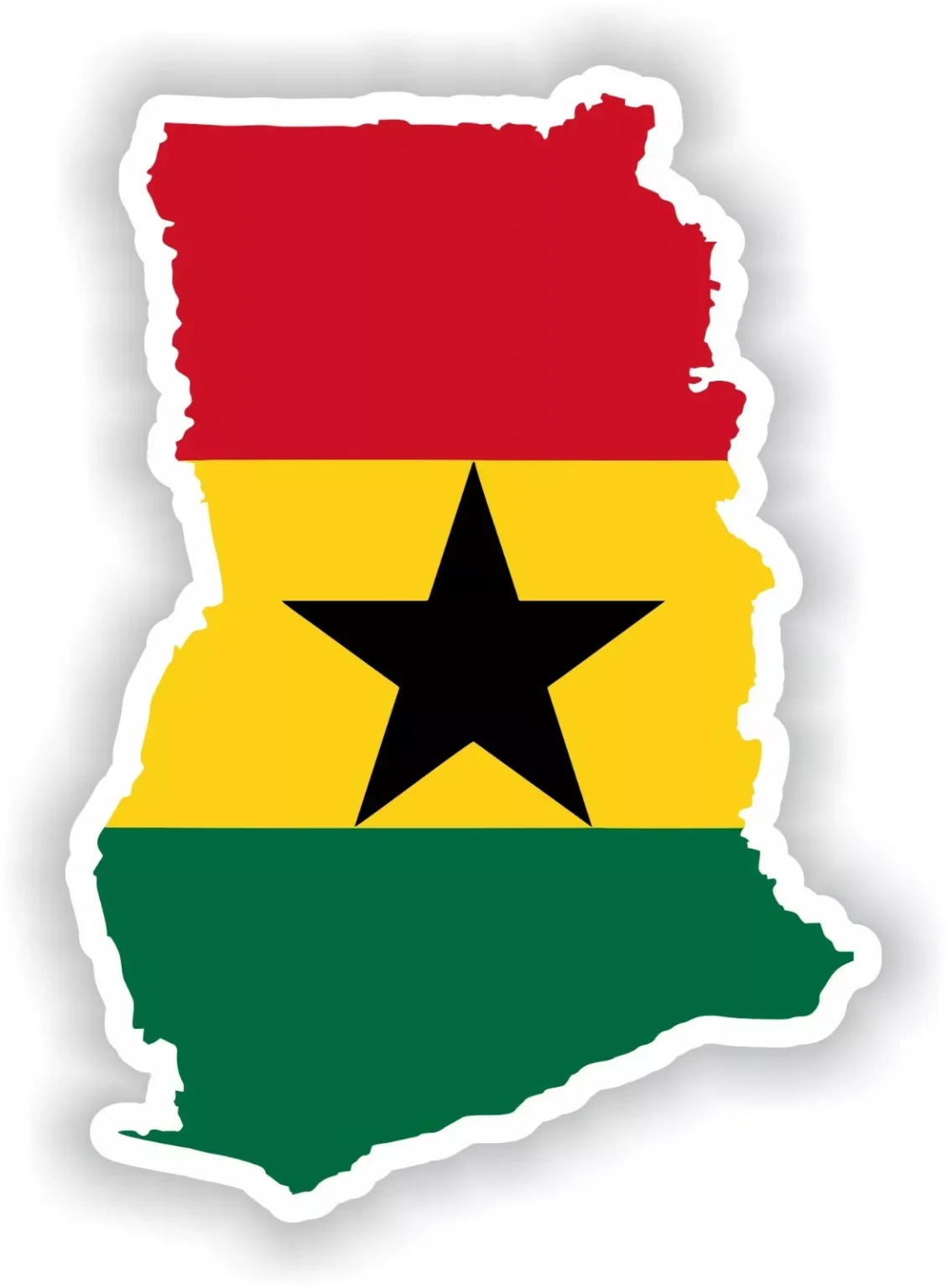By Atoyebi Nike
Ghana’s annual inflation rate dropped to 9.4% in September 2025, falling below 10% for the first time since August 2021 and marking a major milestone in the country’s economic recovery.
Data from the Ghana Statistical Service showed inflation eased from 11.5% in August, driven by a sharp slowdown in food prices, which fell to 11% from 14.8% the previous month. Non-food inflation also edged down to 8.2% from 8.7%.
The sustained decline, now running for nine straight months, has already beaten the government’s full-year inflation target and offers relief to households and businesses grappling with years of high costs.
In response, the Bank of Ghana cut its benchmark policy rate by 350 basis points in September, lowering it to 21.5% the second major rate cut this year. Governor Dr. Johnson Asiama said the decision reflected “a sustained decline in inflationary pressures and the expectation of continued fiscal consolidation.”
Analysts say the return to single-digit inflation strengthens prospects for monetary policy stability, improved consumer confidence, and renewed investment inflows. However, risks remain from the Ghanaian cedi’s depreciation, which fell 15% against the dollar in the third quarter, making it the second-worst performer globally after the Argentine peso.
Despite the currency weakness and declining reserves which dropped to $10.7 billion in August the cedi remains up 20% year-to-date, providing some cushion to the recovery outlook.


